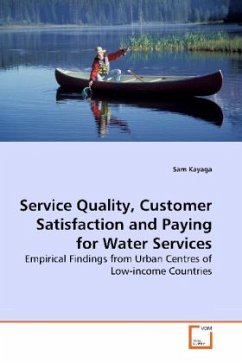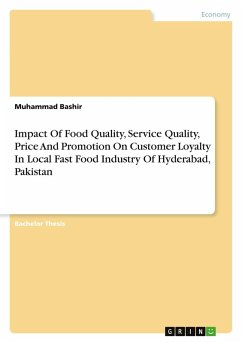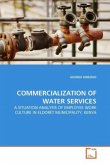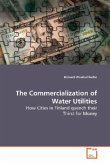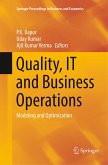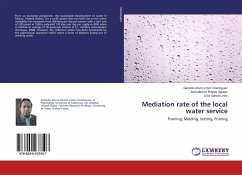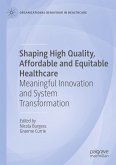Previous research has shown that cost recovery is a prerequisite for sustainability of water services provision. The challenges for cost recovery are greater in urban areas of low-income countries where 88% of increase in global population is projected to be by 2015. Yet cost recovery in most urban water utilities in low income countries is low. In this study, a questionnaire was sent to 690 registered customers of an urban water utility in 11 towns of Uganda. Regression data analysis showed that customer perceptions of technical quality, functional quality, service value and corporate image strongly influence customer satisfaction. Service value and customer satisfaction in turn predict substantial variation in customer loyalty, which influences bill payment behaviour. Also, gender, education level, and occupation of the household head, with tenure status and household income significantly moderate the satisfaction/loyalty relationship. A major implication for water utility managers is that similar to other services, customer orientation improves willingness to pay for urban water services in low-income countries.
Bitte wählen Sie Ihr Anliegen aus.
Rechnungen
Retourenschein anfordern
Bestellstatus
Storno

